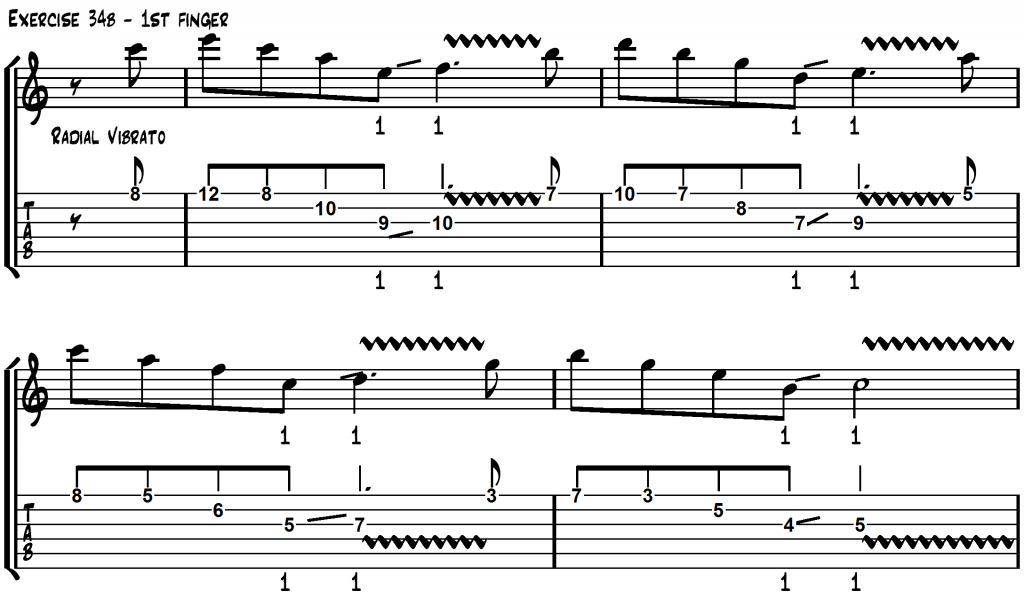Neat Tips About How To Develop Vocal Vibrato

Essentially, vibrato means a rapid, even variation of pitch.
How to develop vocal vibrato. Simply put, voice vibrato is a variation in the pitch, very slight, due to the freely oscillating vocal chords. How can you develop an outstanding singing vibrato? If done properly vibrato can be very pleasing to the ear and adds loads of expression and dynamics to the music.
I have found that singers in their 20's can have a wobble. You might also hear it described as an oscillation of pitch. This kind of pitch change comes from a change in air pressure and the tension in your vocal cords.
What does it mean to sing vibrato? How can you do this? Sit or stand up straight.
12 easy exercises ramsey voice studio 416k subscribers subscribe subscribed 570k views 5 years ago vocal effects full vibrato article:. Vocal vibrato is used a lot today in music and is found in pretty much every song to add style. Take a diaphragmatic breath and sing an ascending octave scale on the word “she” (like “she’s singing well”) using a.
To develop vibrato, singers can practice exercises that focus on breath control, relaxation, and pitch variation. Guide to vibrato technique: It is used to add expression to vocal and instrumental music. in simpler terms, it is the rapid oscillation between two pitches.
Open your mouth and stretch out the back of your throat as far as you can go. Start by singing a sustained note and gradually introduce a slight quiver or tremolo, adding a gentle fluctuation in the pitch. Sing with beautiful vibrato watch on
If you’ve heard a violin vibrato, a singer’s vibrato is similar. It usually happens on sustained notes. The powerful sound of vocal vibrato has elevated the art of many great singers.
June 14, 2022 when singing vibrato, there is a simultaneous oscillation of two separate pitches. Because vibrato is a natural element of the voice, and not an additional stylistic effect, the way to develop your vibrato is to improve your vocal technique over all. .musical effect consisting of a regular, pulsating change of pitch.
Diaphragmatic breathing engaging the diaphragm is crucial for sustaining vibrato. A good listening exercise to practice is to pay attention to different vocal styles and see if you can pick out if they are using minimal vibrato, moderate vibrato, or continuous vibrato. The simplest way to simulate a vibrato would be to locate the area between the lowest ribs of your rib cage, somewhere in the certain of your torso.
Airflow is modulated by periodic and rhythmic movement of the abdomen, which creates a false vibrato. If you are not relaxed, you will not be able to sing with vibrato. When you sustain the fourth note, allow yourself to “let go” of the sustained note and.


















